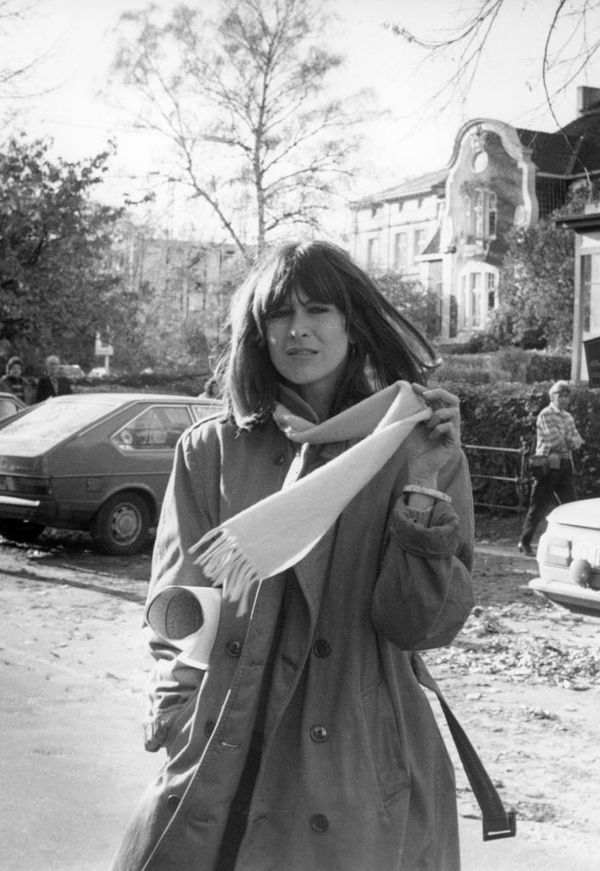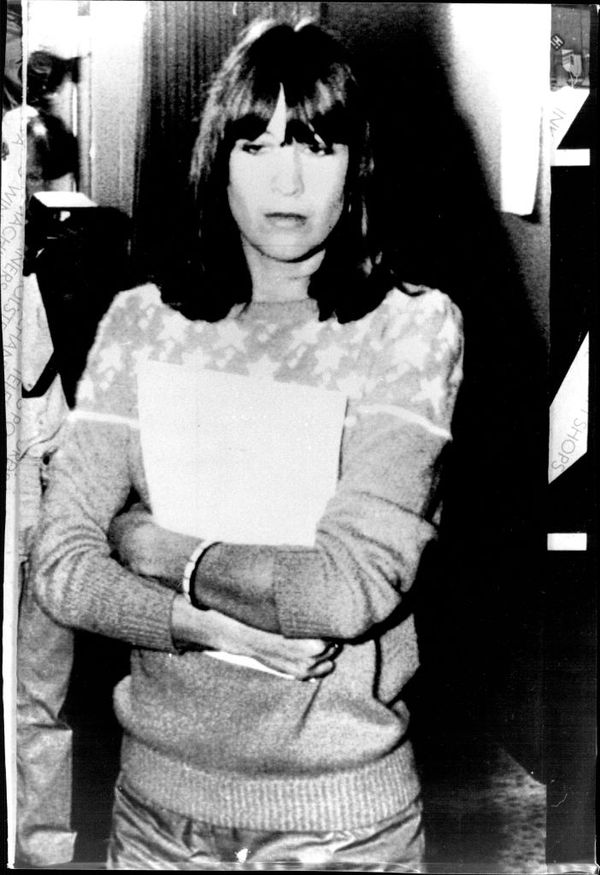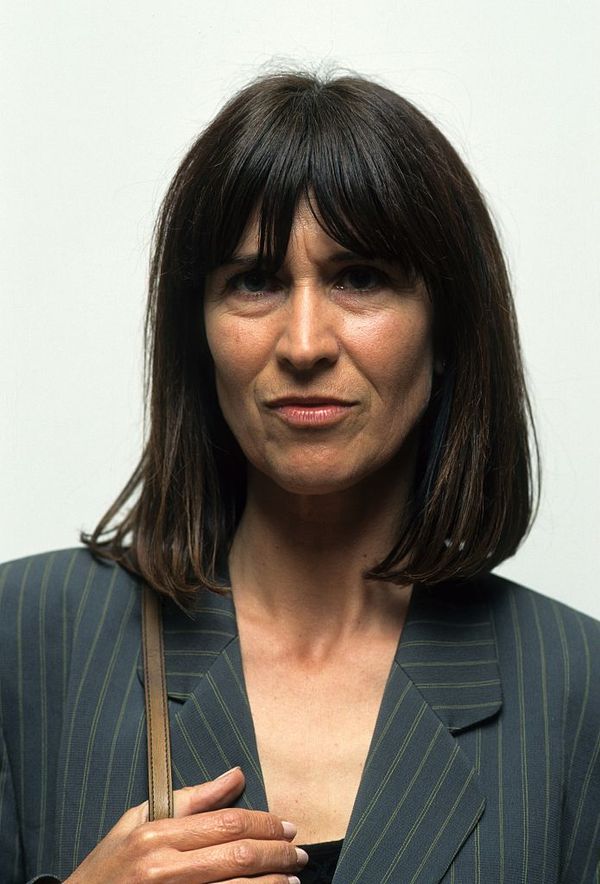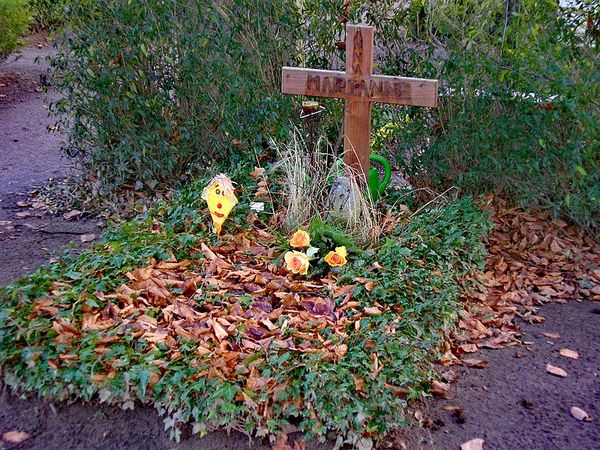
Losing a child is an unimaginable tragedy, often considered the worst experience a parent can endure. For Marianne Bachmeier, her life changed forever on May 5, 1980. A struggling single mother running a pub in Lübeck, northern Germany, Marianne had already faced her fair share of hardships.
Her own upbringing was marred by misery and trauma. Her father had been a member of the infamous Waffen-SS, an organization in Nazi Germany. Marianne herself had experienced multiple incidents of rape as a teenager. Unable to raise her first two babies alone, she made the difficult decision to give them up for adoption. However, she raised her third child, her daughter Anna, as a single mother.
Anna was described as a happy and open-minded child, but tragedy was just around the corner for her and her family. One day in May 1980, Anna and Marianne had an argument. Angered, Anna decided to skip school and walked to a friend’s house instead. Little did she know, she would never make it there.
Anna was kidnapped by Klaus Grabowski, a local butcher, who held her captive in his apartment. He subjected the innocent girl to abuse and eventually strangled her to death. Grabowski then packed Anna’s lifeless body into a box and hid it near a canal.
Later that evening, Grabowski was arrested at his favorite pub after his fiancé turned him into the police. He was already a convicted sex offender, having previously served time for sexual assaults on two girls. During his trial, Grabowski attempted to shift the blame onto Anna, claiming she had tried to seduce and extort him.
This twisted narrative drove Marianne to a state of anguish, powerlessness, and fury. Unable to bear the pain any longer, she took matters into her own hands on March 6, 1981. Smuggling a gun past security checks into the courtroom, Marianne aimed at Grabowski and fired all eight bullets. Seven found their target, and Grabowski died instantly.
With her voice trembling, Marianne addressed the room: “He killed my daughter… I wanted to shoot him in the face, but I shot him in the back… I hope he’s dead.” Witnesses reported that she called Grabowski a “pig” as well.

Marianne was immediately arrested and initially charged with murder. During her 1982 trial, she claimed she had shot Grabowski while in a dream state, envisioning her daughter in court. However, expert testimonies revealed that Marianne had prepared and practiced with the gun beforehand, suggesting premeditation.
Further examination of Marianne’s actions revealed a heartfelt message. When asked to provide a handwriting sample, she wrote: “I did it for you, Anna,” with seven hearts, symbolizing each year of Anna’s short life.
If convicted, Marianne faced a potential lifetime of imprisonment. Her act of vigilantism gained worldwide media attention, and she became known as the “Revenge Mom.” Despite the controversy surrounding her actions, many sympathized with her grief and understood her desire for justice.
However, as journalists delved into Marianne’s past, they uncovered details that tarnished the image of a loving and self-sacrificing mother. It was revealed that she had given up her first two children for adoption, and her frequent visits to the pub she worked at raised questions about her parenting.

In the end, Marianne was sentenced to six years behind bars for premeditated manslaughter and unlawful possession of a firearm. Her sentence divided the nation, with opinions ranging from appropriate to too heavy or too light.
After serving three years, Marianne was released from prison. She eventually immigrated to Nigeria and married a German teacher. However, their marriage did not last, and Marianne later moved to Sicily, Italy.
Sadly, Marianne was diagnosed with pancreatic cancer and returned to her hometown of Lübeck. Memories of her act of revenge continued to live on, with newspapers still reporting on the incident well into the 1990s.

In a rare 1994 radio interview, Marianne delved into the reasoning behind her actions: “I think there is a very big difference if I kill a little girl because I’m afraid I then have to go to prison for my life.” She also confessed during a 1995 TV interview that she had carefully considered shooting Grabowski to prevent him from spreading lies about Anna.
On September 17, 1996, Marianne passed away in a hospital in Lübeck. While she had hoped to spend her final days in Sicily, it was not meant to be. She was laid to rest beside her beloved daughter in a Lübeck graveyard.

Marianne Bachmeier’s story is one of a mother’s quest for justice in the face of unspeakable tragedy. Despite the controversies surrounding her actions, her love for her daughter and her desire to protect her memory resonated with many. The legacy of the “Revenge Mom” lives on, reminding us of the depths of a mother’s love and the complexities of seeking justice.



